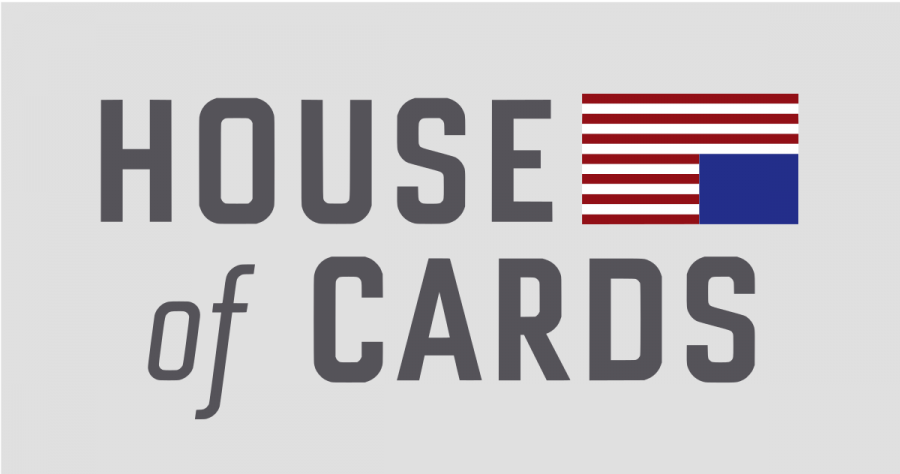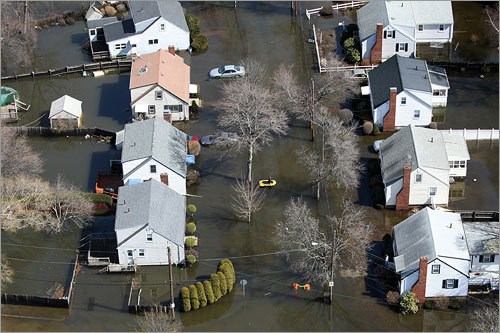By Delaney Gagnon
Staff Writer
President Donald Trump, after months of promising action, has declared the opioid epidemic a national public health emergency. The decision comes after the most recent report by a Trump-appointed commission, headed by Governor Chris Christie of New Jersey, whose job is to research and report on the opioid crisis. However, many of the commission’s recommendations have been ignored by the administration.
According to the Center for Disease Control and Prevention, more than 140 Americans die every day due to opioid overdoses. Because of this, the Trump administration has been facing tremendous pressure to take steps toward a solution, prompting a declaration of the epidemic as a national public health emergency. However, critics note that this action may not be enough to combat this widespread issue. They argue that declaring a national emergency, which Trump claimed in August he would do, would have been more effective.
Though just a slight difference in wording, a national emergency would provide substantial ly more funding. Trump’s designation of the crisis as a public health emergency grants access to the Public Health Emergency Fund, which currently holds only $60,000.
Supporters of Trump’s declaration, which include several former Obama administration health advisors, point out that declaring the opioid epidemic as a national emergency would require dipping into Federal Emergency Management Agency (FEMA) funds, which are usually reserved for natural disasters. FEMA funds are also usually centered on a specific geographical area. Since the crisis is present throughout the nation, the administration said this designation would not be appropriate.
Rafael Lemaitre, the former communications director for the White House Drug Policy Office under Obama, told CNN that using FEMA in the opioid crisis would be “a little bit like asking an engineer to bake a cake.”
The administration also points out their four-point plan to combat the opioid crisis. According to a report by NPR, this plan includes expanding telemedical services which allow over-the-phone prescription services, expediting the hiring process for medical professionals specializing in opioids, and launching an anti-drug campaign to influence youth not to partake in drug use.
“This was an idea that I had, where if we can teach young people not to take drugs; it’s really, really easy not to take them,” Trump said while addressing the crisis.
Experts, however, note that Trump appears to lack understanding of the gravity of the issue; and that without funding for a nationwide program, not much can be done for those suffering addiction.
The same NPR report states that Democrats in Congress have recently introduced a bill that would appropriate $45 billion to opioid abuse prevention. Many experts believe that Trump’s approval of this bill is the real test of his commitment to fighting the opioid epidemic.
Former Representative Patrick Kennedy of Rhode Island is also a member of Trump’s opioid commission.
“We don’t want any more photo-ops,” said Kennedy in a statement to CNN. “I’m just speaking as an advocate, in this fight every single day as someone who is in recovery. We don’t want any more visits to rehab centers and photo-ops. Enough already. We want to save lives.”



















